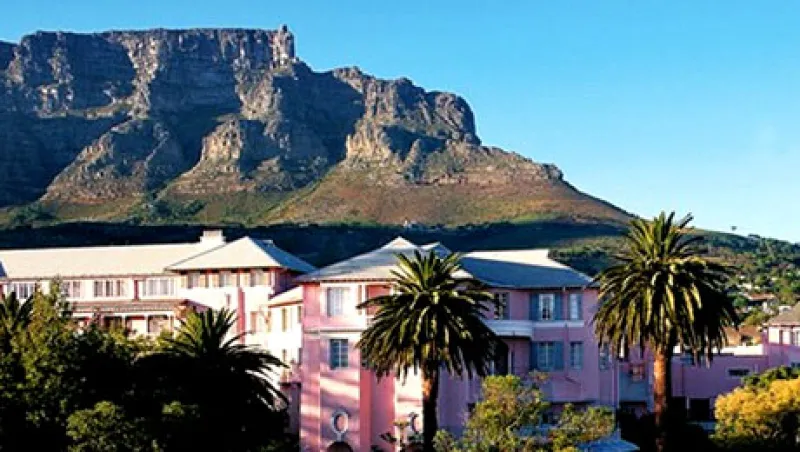
The Africa Sovereign Funds Roundtable: Awesome
I’m sorry I’ve been off the grid. I was attending the Institutional Investor Africa Sovereign Funds Roundtable in Cape Town, and, honestly, I’ve been in nonstop conversation or note taking for the past three days. I’m only now coming up for air. Here’s what I learned…
Ashby Monk
March 8, 2013


